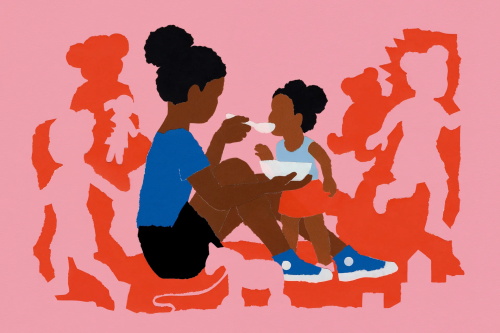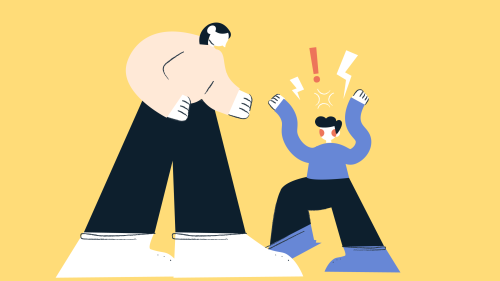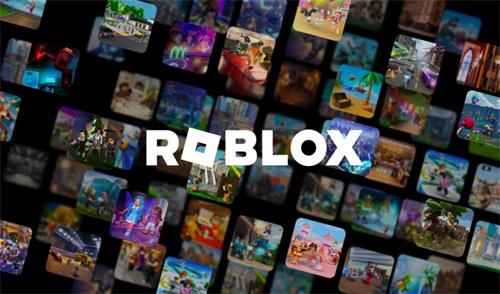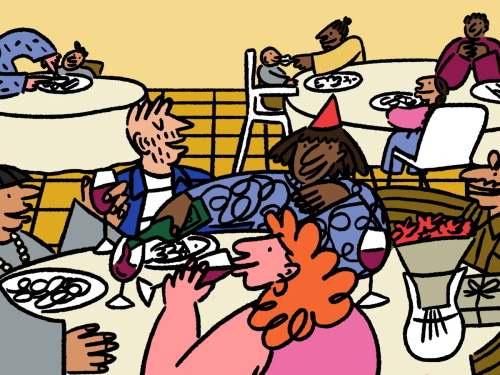Are Parents Oversharing Their Kids Online? The Case Against ‘Sharenting’

In today’s social media-driven world, documenting a child’s growth has never been easier. Their adorable faces, sweet voices, and funny little moments often tempt parents to snap a photo or record a video, then share it instantly with friends or the wider internet. But as the trend of “sharenting” becomes increasingly common, a crucial and often overlooked question arises—who is protecting the child’s right to privacy?
Sharing Out of Love, Hurting Without Meaning To
For most parents, sharing moments of their child’s life stems from love and a desire to record precious memories—not from a craving for likes or attention. However, social media’s “like” culture can subtly shift this innocent habit into a routine that feeds off public validation. In the process, a child's privacy and developing sense of self can be quietly sidelined.
We often forget a simple truth: children are not extensions of their parents—they are individuals with their own identity. From as early as two or three years old, children begin developing a sense of shame and personal boundaries. Just imagine how you'd feel if an embarrassing moment of yours was broadcast online. Studies show that about 70% of children dislike their parents posting embarrassing photos of them, and 20% feel helpless about it. What may feel like an act of love to the parent could easily feel like a violation to the child.
The Law Speaks Up: Children's Image Rights Matter
This issue has started to attract legal attention in some countries. Recently, a court in Évora, Portugal, ruled that a couple must stop sharing photos of their 12-year-old daughter online. The court emphasized that children have the right to control how their images are used, and that unrestricted sharing by parents could infringe on their privacy and safety.
This ruling is a powerful reminder: even parents don’t have unlimited rights over their children’s personal information. Once a photo or video is uploaded, it can circulate indefinitely, and what was once “cute” might later become a source of shame, ridicule, or even harassment.
Do You Really Understand the Risks of Online Exposure?
Social media is an open window to the world, and once a child’s information is out there, it can be exploited. Some criminals treat social media like a searchable database, analyzing photos to learn about a child’s daily routine, school, or even family income. With this information, they can plan crimes such as stalking, sexual exploitation, or abduction.
What’s more concerning is that many parents post without considering the risks—photos might accidentally reveal home addresses, license plates, favorite parks, or after-school activities. With just a few clues, bad actors can identify where a child is likely to be and when they might be alone, putting them in serious danger.
Turning Childhood into Content: The Rise of “Parent-Influencers”
Beyond casual sharing, a more controversial trend has emerged: the monetization of “family content.” Some parents turn their children into online stars, scripting daily life into short videos to gain followers, ad deals, or sponsorships. The child becomes the face of the channel, with every laugh, tantrum, or emotional moment staged for public consumption.
This blurs the line between parenting and management. In many cases, it turns childhood into a commodity, exploiting kids for views and revenue. Whether the stories are real or fabricated, they often come at the cost of the child’s emotional development and privacy. And while it's often presented as “documenting memories,” it’s really about capitalizing on their youth for profit.
Sharing Is Okay—But Set Boundaries
Sharing your child’s milestones isn’t inherently wrong. In fact, it can be a heartwarming way to stay connected with family and friends. But it must be done thoughtfully, with respect for the child’s rights.
Before you hit “post,” consider asking yourself:
- Did I ask my child how they feel about this?
- Could this content embarrass or hurt them now or in the future?
- Am I revealing too much about our family’s location or habits?
- Could this post affect my child’s mental health or social life later on?
More importantly, we should teach children from an early age about their right to privacy—helping them develop awareness and confidence to express discomfort and say no.
Children grow up only once, but the internet never forgets. As parents, it’s understandable to want to preserve and share joyful moments. But before pressing “upload,” take a moment to reflect: does this post truly honor your child’s dignity and future? Protecting our children means more than just loving and providing for them—it means respecting their right to be seen, or not seen, on their own terms.
Recommended for you:







